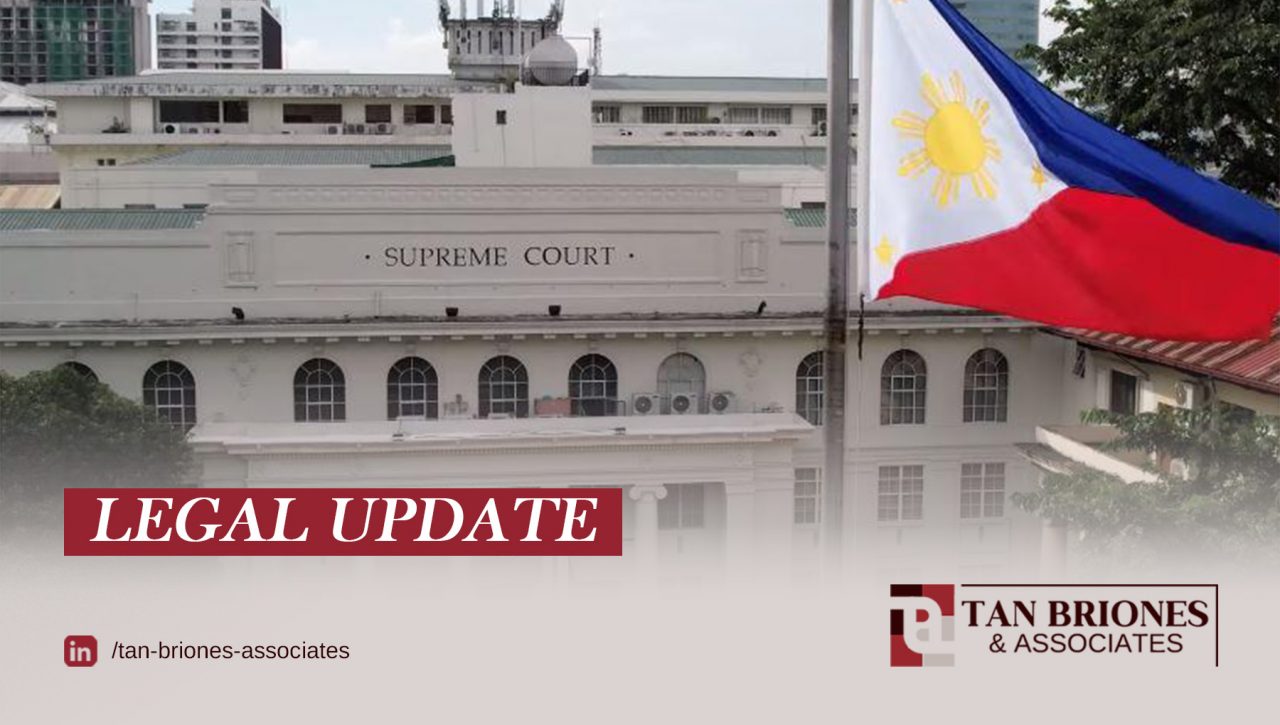
The Supreme Court (SC) has affirmed the judiciary’s exclusive authority over plea bargains in drug cases and issued supplemental guidelines to clarify the rules for courts and prosecutors in handling such agreements.
In a decision penned by Associate Justice Japar B. Dimaampao, the Court reversed the Court of Appeals’ (CA) ruling and reinstated the 2019 conviction of Rodulfo Ferraren Aquino for illegal possession of drug paraphernalia, after a Dumaguete trial court allowed him to plead guilty to a lesser offense despite opposition from the prosecution.
“When a court overrules a prosecution’s objection, which is solely grounded on an executive issuance or policy that contradicts a Court-issued rule on plea bargaining, it is not an intrusion into the Executive’s authority… but a recognition of the Court’s exclusive rule-making power,” the Court declared.
FACTS AND ISSUE
The case arose from criminal charges filed against Aquino following a May 21, 2019 buy-bust operation in Dumaguete City, where he was caught with 0.18 grams and 1.84 grams of shabu and charged with illegal sale and possession under Sections 5 and 11 of Republic Act No. 9165.
Aquino initially pleaded not guilty but later moved to plead guilty to the lesser offense of illegal possession of drug paraphernalia under Section 12, invoking the SC’s Plea Bargaining Framework in Drug Cases.
The prosecution opposed the plea bargain for the illegal sale charge, citing DOJ Department Circular No. 027, which prohibited such arrangements.
Despite the objection, the RTC granted Aquino’s motion and found him guilty of the lesser offense in both cases.
Meanwhile, the CA reversed the decision, prompting Aquino to elevate the case to the SC.
The main issue was whether the trial court could approve a plea bargain despite a prosecution objection based solely on DOJ policy.
RULING
In its ruling, the SC sided with Aquino, affirming the RTC’s discretion to grant the plea bargain and rejecting the prosecution’s sole reliance on DOJ internal policy as a valid ground for objection.
The SC cited its 2022 ruling in People v. Montierro, which upheld that only the judiciary has the authority to set rules on plea bargaining.
However, the Court also clarified that while trial courts must still evaluate the merits of any objection, they are not bound by executive guidelines that contradict judicial rules.
“To narrowly construe the trial court’s discretion… is to undermine the value of plea bargaining itself and render it an ineffective tool of rehabilitation and restorative justice,” the Court ruled.
To prevent delays and ensure consistency in the application of plea bargaining rules, the SC issued new supplemental guidelines requiring prosecutors to raise all objections to a plea bargain in a single motion, or else any unraised objections will be considered waived. It also directed trial courts to rule on each objection and to remand cases only when essential records are missing.
Follow Tan Briones & Associates on LinkedIn for more legal updates and law-related articles.







